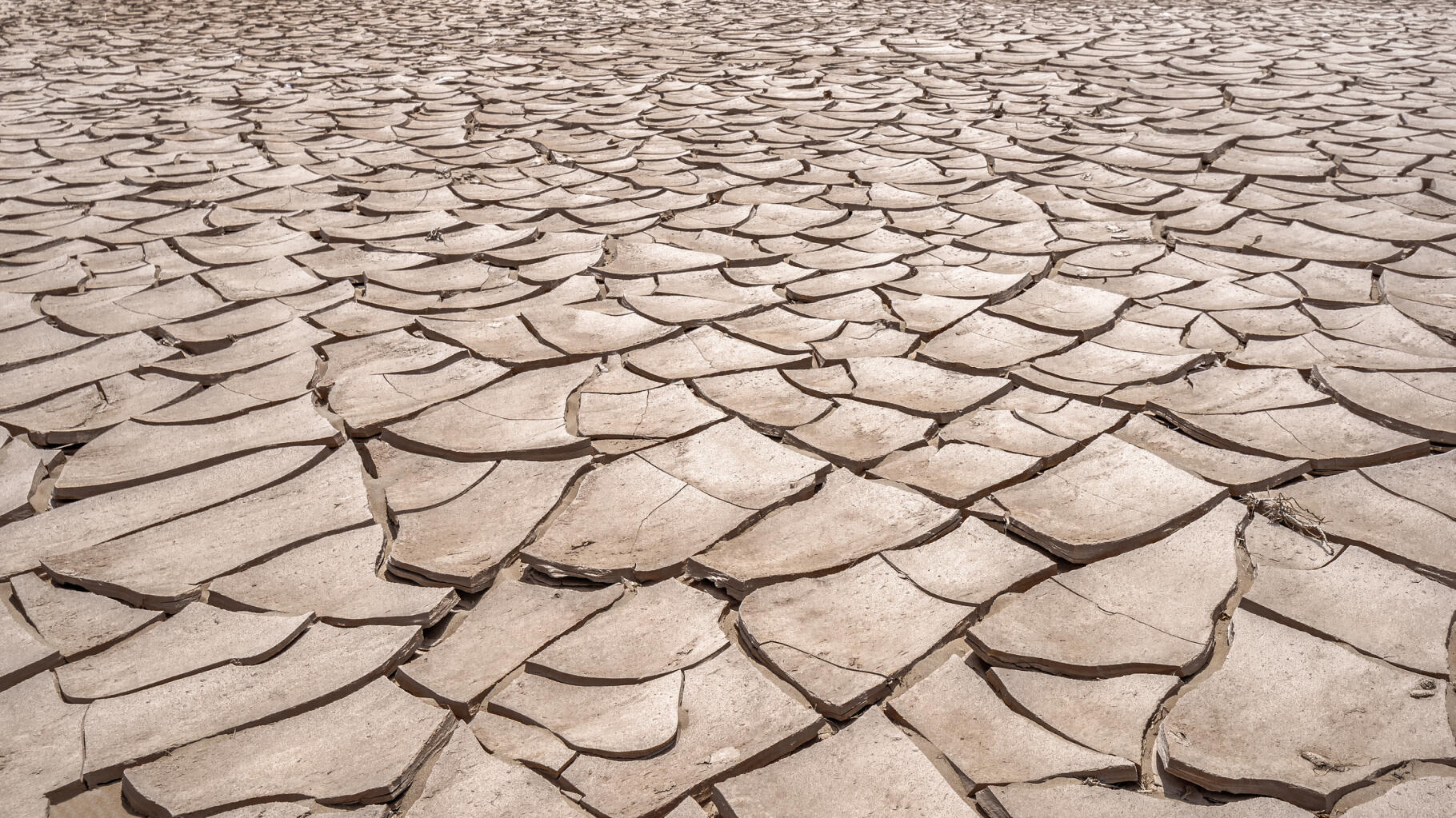
After experiencing its hottest decade, the planet is 'on the brink'

Xuanyu Han/Getty Images
Environment – This is a worrying new report from the United Nations. 2023 concluded the hottest decade on record, sending the planet soaring “On the edge of the abyss”.
On Tuesday, March 19, a new report from the World Meteorological Organization (WMO), a United Nations agency, showed that records have been broken, and in some cases even… “Powder”Regarding greenhouse gas levels, surface temperatures, heat content, ocean acidification, sea level rise, Antarctic sea ice extent, and glacial retreat.

The planet is “On the edge of the abyss” While that “Fossil fuel pollution is causing unprecedented climate chaos.”alerted the Secretary-General of the United Nations, António Guterres. “There is still time to throw a lifeline to people and the planet.”According to him, but we must act ” now “.
The report confirms that 2023 was the hottest year on record, with the average global surface temperature reaching 1.45 degrees Celsius above the pre-industrial baseline. “Every fraction of a degree of global warming affects the future of life on Earth.”The Secretary-General of the United Nations warned.
“The climate crisis is the most prominent challenge facing humanity and is inextricably intertwined with the crisis of inequality, as evidenced by growing food insecurity, population displacement and biodiversity loss.”WMO Secretary-General Celeste Saulo added.

El Niño phenomenon, accelerated temperature rise
Heatwaves, floods, droughts, wildfires and rapidly intensifying tropical cyclones are wreaking havoc “Misery and chaos”The World Meteorological Organization warned that this phenomenon disrupts the daily lives of millions of people and causes economic losses estimated at several billion dollars.
It is also the warmest decade (2014-2023) ever observed, exceeding the 1850-1900 average by 1.20°C.
The long-term rise in global temperatures is due to an increase in the concentration of greenhouse gases in the atmosphere, which reached record levels in 2022. The arrival of the El Niño phenomenon in mid-2023 also contributed to the rise in global temperatures. Temperatures are rising rapidly, according to the World Meteorological Organization.

According to Celeste Saulo, “We are nowhere close – even temporarily at the moment – to the 1.5°C minimum set in the Paris Agreement on climate change.”.
“The global meteorological community warns the whole world and sounds the alarm: We are on red alert.”She confirmed. “What we see in 2023, particularly unprecedented ocean warming, retreating glaciers and loss of sea ice in Antarctica, is of greatest concern.”Celeste Saulo noticed.
Renewable energy production capabilities, a glimmer of hope
Last year, nearly a third of the world's oceans were in the grip of a marine heatwave. By the end of 2023, more than 90% of the world's oceans will experience heatwaves at some point during the year, according to the World Meteorological Organization.

The increasing frequency and intensity of marine heat waves is having profound negative impacts on marine ecosystems and coral reefs.
Furthermore, global mean sea level will reach a record high in 2023, reflecting continued ocean warming (thermal expansion), as well as the melting of glaciers and ice sheets.
A worrying sign is that the rate at which this average level has increased over the past decade (2014-2023) is more than double the rate of the first decade of the satellite era (1993-2002).
Iconic glaciers across the planet have suffered their largest retreat on record since 1950, after intense melting in western North America and Europe, according to preliminary data.
But there is “A glimmer of hope”According to the World Meteorological Organization: Renewable energy production capacities increased in 2023 by about 50% on an annual basis, which is the highest rate recorded in the past two decades.
See also on HuffPost :

“Unapologetic pop culture trailblazer. Freelance troublemaker. Food guru. Alcohol fanatic. Gamer. Explorer. Thinker.”
